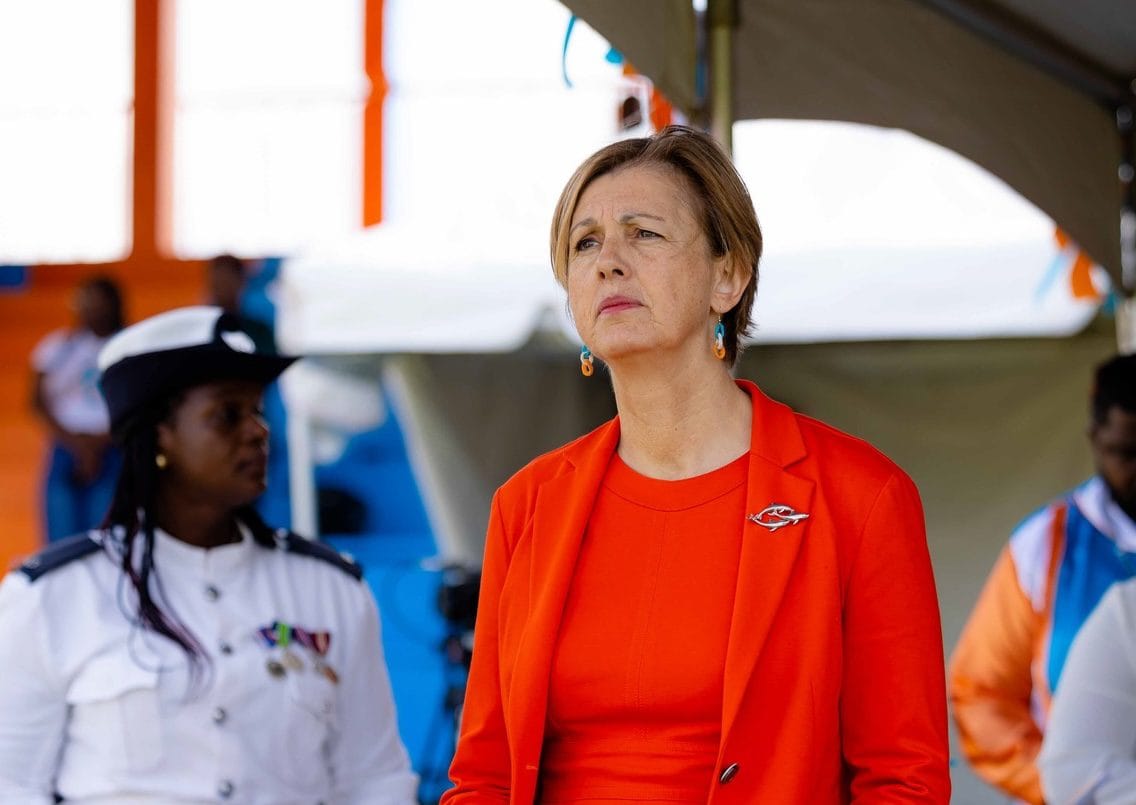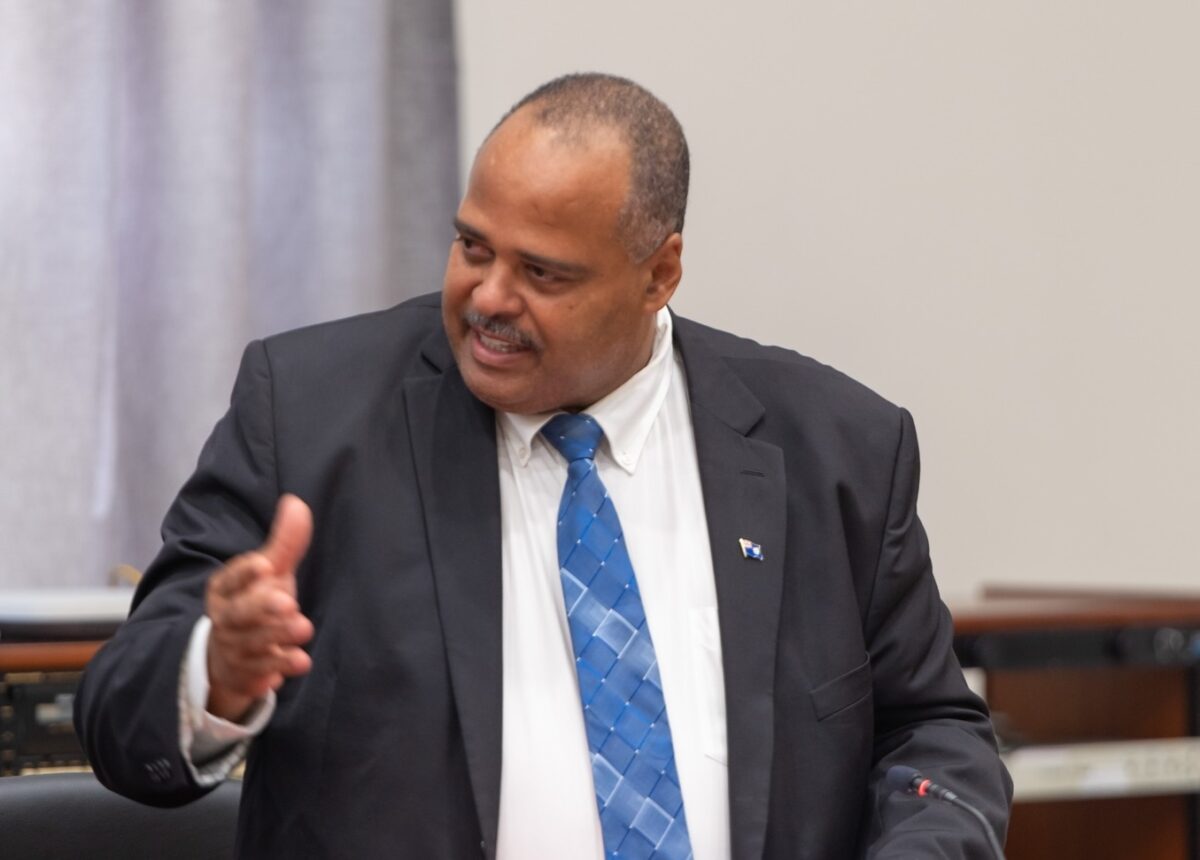Governor Julia Crouch has issued a formal response to address rumours of an alleged breach of the constitution during Anguilla’s February general election.
In a letter published online on 6 August, she spoke about the “unsubstantiated and unattributable” suggestion that one of the election candidates did not meet the correct criteria.
The matter was first brought up during an interview on Kool FM on 29 July when host Elkin Richardson said he had received “credible reports regarding candidates’ eligibility violations”.
We keep our core content free for everyone – but our members get access to even more! Click here to join today and support independent journalism.
In her letter dated 5 August, which is addressed to Richardson, she said she was writing in response to his repetition of what she called “rumours”.
“I have checked with the Office of the Supervisor of Elections and no formal complaint has ever been made to them, nor to me,” she wrote.
“I’m not aware of any legal challenge being made to the eligibility of any candidate – some five months after the election was held.”
She reminded Richardson that local independent observers and an external review found the election reflected the will of the people.
No known violation
Crouch referenced a voice clip that Richardson played on air during her appearance in which a candidate said he did not have an Anguillian passport.
She reminded him that under the constitution, having an Anguillian passport is not a requirement to qualify as a candidate in an election.
The constitutional requirements were reviewed by the Office of the Supervisor of Elections and verified for all candidates during the nomination process for the election, she said.
This was to ensure that every candidate who appeared on the ballot met the constitutional criteria.
“I have no reason to believe there was an error in that process but if any person believes they have evidence to the contrary then they should come forward,” the governor wrote.
“There are proper procedures to follow and raise those concerns including through the courts who are the ultimate arbiters in a democracy of the requirements under the constitution.”
Journalistic integrity
The governor finished by saying that the role of journalism is extremely important in holding those in power to account and that includes asking difficult and uncomfortable questions where relevant.
“However, with that power comes responsibility to report accurately and independently – ensuring facts are checked,” she said.
“Repeating unsubstantiated and unattributable rumours in the media gives them credibility and risks unfairly fostering a culture of suspicion and distrust of political institutions.
“That in turn deters good people from taking on public roles and responsibilities so vital in our democratic system.”
The Anguilla United Front won eight of the 11 seats in the Anguilla House of Assembly following the general election on 25 and 26 February, securing a majority to form the island’s new government.
Cora Richardson Hodge became Anguilla’s first female premier.





